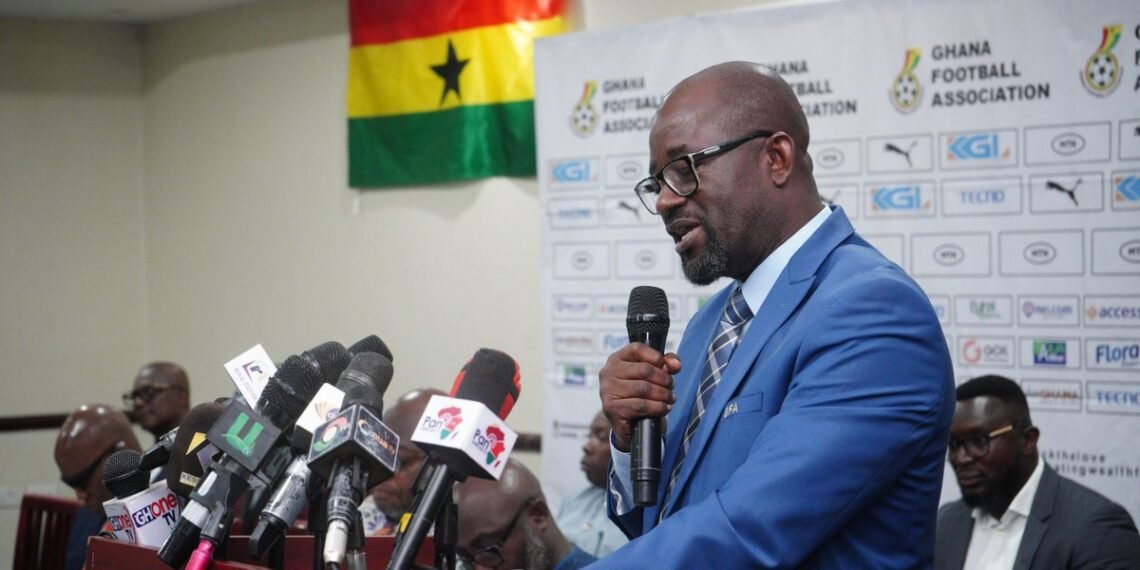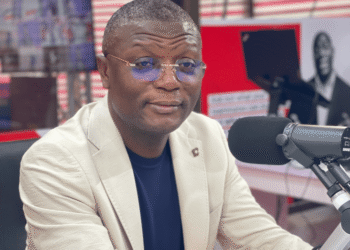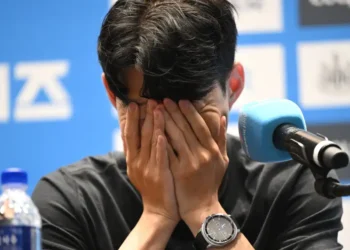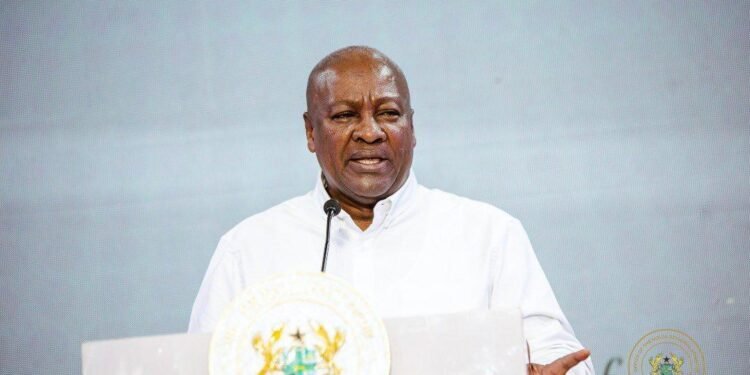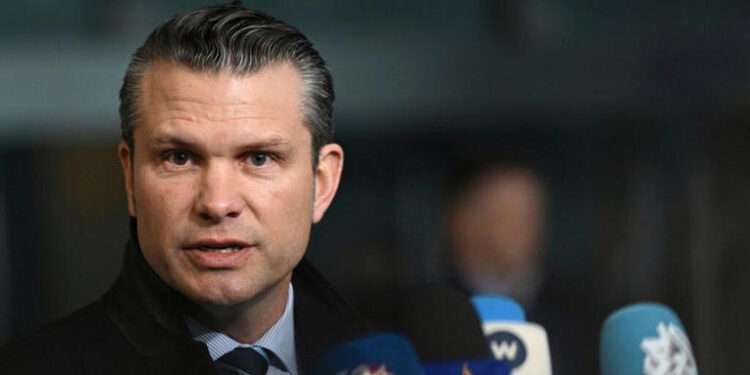The Ghana Football Association (GFA) has amended its statutes to extend the presidential term limit from two to three terms, a move that could significantly reshape the leadership landscape of the country’s football governing body.
The decision was approved during the GFA’s 31st Ordinary Congress, held in Prampram, which brought together delegates from all 124 member bodies to deliberate on critical governance and development issues ahead of the new football season.
Mandated by Article 31(2) of the GFA Statutes (2019), the Ordinary Congress is convened annually to review the association’s progress, present financial and activity reports, and map out strategic priorities for Ghanaian football.
The 2025 session was marked by keen attention to leadership reforms, with the approved amendment allowing a GFA president to serve a maximum of three four-year terms, extending the potential tenure to 12 years.
According to the GFA, the change aligns with the statutes of FIFA and the Confederation of African Football (CAF) and is aimed at fostering stability and continuity in leadership, thereby enabling the consistent implementation of long-term development strategies.
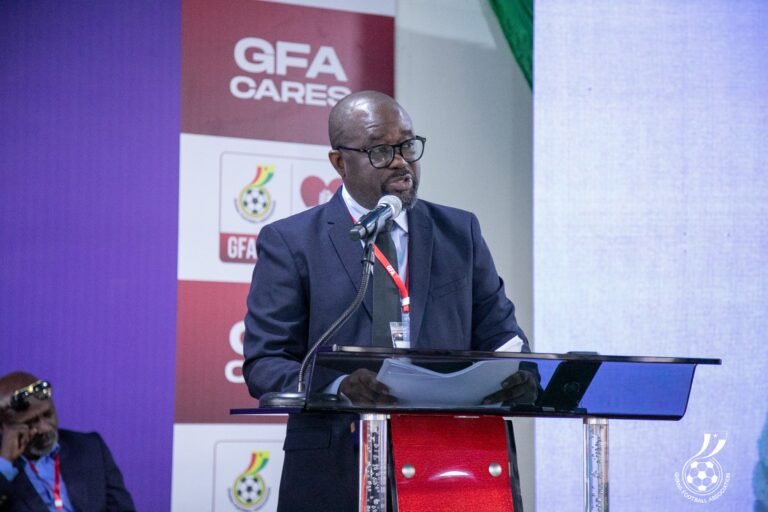
Public Concerns
The decision, however, has stirred public debate, particularly as it could directly affect the tenure of current GFA President Kurt Okraku, who is now serving his second term and has two years remaining before it ends in 2027.
Critics argue that the amendment could open the door for Mr. Okraku to seek a third term, despite earlier reforms that capped presidential terms at two in the aftermath of the 2018 Anas Aremeyaw Anas exposé on alleged corruption in Ghanaian football.
Those reforms, spearheaded by the Normalisation Committee, were designed to strengthen accountability and prevent prolonged concentration of power.
While the GFA’s Director of Communications has dismissed suggestions that Mr. Okraku is preparing for a third term bid, skepticism remains high among sections of the football fraternity. Some sports activists view the latest move as a strategic step to facilitate an extended tenure for the incumbent.
One of the most vocal opponents of the idea is veteran football administrator Wilfred Osei Kweku Palmer, who has publicly declared his opposition to any attempt by Mr. Okraku to seek a third term in office.
“This is not the direction we should be heading if we want to restore public trust and confidence in the GFA,” he asserted, warning that extended tenures could stifle reform and fresh perspectives in the association’s leadership.
Kurt Okraku assumed the presidency of the GFA in 2019, taking over from the Normalisation Committee, which had been installed by FIFA to run Ghanaian football after the dramatic exit of Kwesi Nyantakyi.
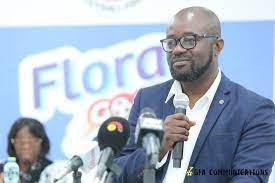
His leadership has since been subject to intense scrutiny, particularly following the underwhelming performances of Ghana’s senior national teams and the depreciation of the country’s local league.
The Black Stars, under his tenure, suffered group-stage exits in the last two Africa Cup of Nations tournaments and recently failed to qualify for next year’s edition in Morocco — the first time in 20 years the nation has missed the competition.
Despite these setbacks, Mr. Okraku’s administration has registered notable successes, especially in women’s football. The Black Queens qualified for the Africa Women’s Cup of Nations for the first time since 2018, and domestic women’s leagues have received increased attention and investment.
In 2023, Mr. Okraku secured re-election unopposed after all other contenders, including his vice president George Afriyie, were disqualified from the race.
While his supporters argue that the continuity of leadership has allowed for coherent policy implementation, critics contend that the electoral process under his watch has been exclusionary.
Historically, the GFA’s rules did not prohibit a third term for its president. However, the cap at two terms was introduced as part of a suite of governance reforms following the Anas exposé.
Those changes were meant to address public concerns about excessive entrenchment in leadership and to promote more dynamic governance. The reversal of this term-limit reform is, therefore, being interpreted by some stakeholders as a troubling return to the old order.
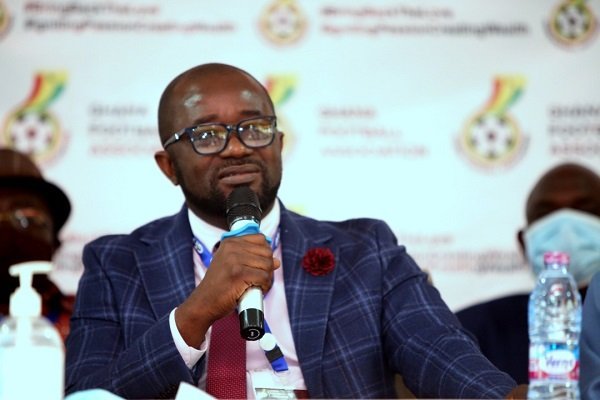
While the GFA maintains that the decision is about institutional stability and aligning with international practice, detractors argue that the real test will lie in whether the reform is used to genuinely strengthen the association or to entrench incumbency.
The next presidential election in 2027 will likely serve as the first major test of the amended statutes, determining whether the extension will indeed serve Ghanaian football’s long-term interests or further deepen existing divisions within the sport’s administration.
READ ALSO: Government to Establish Fund for Children of Helicopter Crash Victims



